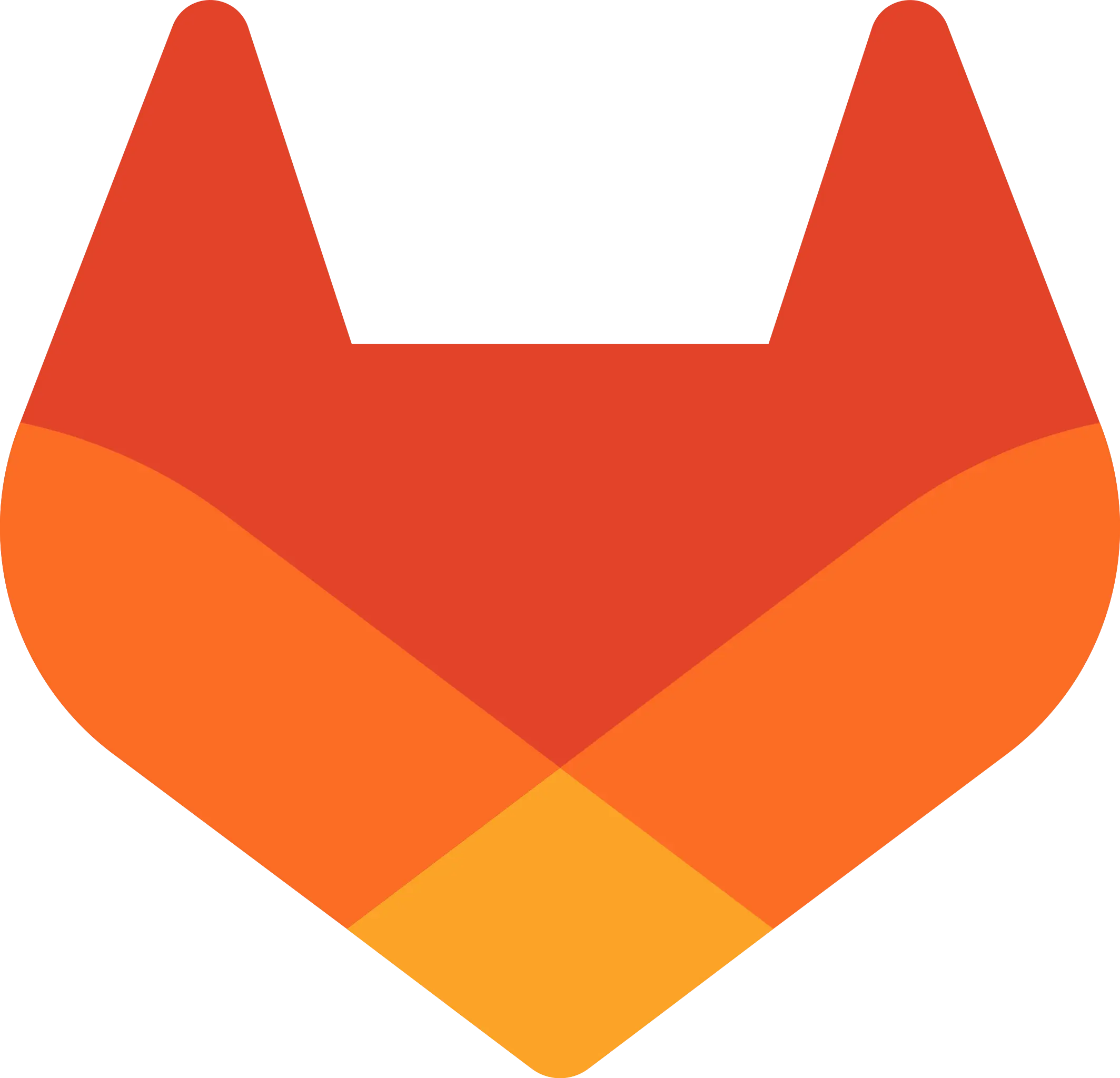Gitlab

GitLab is a comprehensive DevOps platform delivered as a single application that spans the entire software development lifecycle, from project planning and source code management to CI/CD, monitoring, and security. Founded in 2011 by Dmitriy Zaporozhets and Sytse “Sid” Sijbrandij, GitLab has evolved from a simple Git repository manager to an all-in-one solution that addresses the increasing complexity of modern software delivery. Unlike traditional development toolchains that require integration between separate tools for version control, issue tracking, CI/CD pipelines, and deployment, GitLab provides these capabilities in a unified interface, eliminating integration challenges and reducing context switching for development teams. Available in both self-managed and SaaS options, GitLab gives organizations flexibility in deployment while maintaining a consistent user experience and feature set regardless of where it runs.
GitLab’s architecture makes it particularly well-suited for Linux environments, with the platform itself being built on open-source technologies and designed to run optimally on Linux systems. The self-managed version of GitLab can be deployed on various Linux distributions, providing organizations with complete control over their development infrastructure while leveraging Linux’s security, stability, and performance characteristics. GitLab’s container registry, Kubernetes integration, and automated deployment capabilities work seamlessly with Linux-based production environments, enabling smooth delivery pipelines from code commit to production deployment. The platform’s built-in CI/CD system excels at building and testing Linux applications, with runners that can execute jobs across distributed Linux instances for parallel processing and improved build times. Additionally, GitLab’s monitoring and observability features integrate with common Linux monitoring tools, providing visibility into application performance while maintaining security through features like dependency scanning, static application security testing (SAST), and container scanning that help identify vulnerabilities before they reach production.
Advantages
- Single application for the entire DevOps lifecycle eliminates tool fragmentation, reducing integration complexity and saving up to 30% in development tooling costs
- Built-in CI/CD capabilities provide powerful automation without requiring separate systems, enabling faster delivery cycles and more consistent deployments
- Comprehensive project management features including issue tracking, milestones, time tracking, and kanban boards streamline planning and visibility
- Flexible deployment options with self-managed, SaaS, and hybrid approaches accommodate diverse organizational requirements and compliance needs
- Open-core model combines the transparency and community benefits of open source with enterprise-grade features for security, compliance, and governance
Risks
- Resource intensity of self-managed installations can be significant, potentially requiring substantial server resources for larger organizations
- Performance at scale may require careful tuning and optimization, particularly for large mono-repositories or teams with intensive CI/CD requirements
- Learning curve for teams transitioning from multiple specialized tools to GitLab’s unified approach may temporarily impact productivity
- Feature release velocity means rapid evolution, occasionally introducing changes that require workflow adjustments or deprecated feature replacements
- Self-managed upgrade complexity increases with customizations and integrations, potentially requiring detailed planning and testing for major version upgrades
